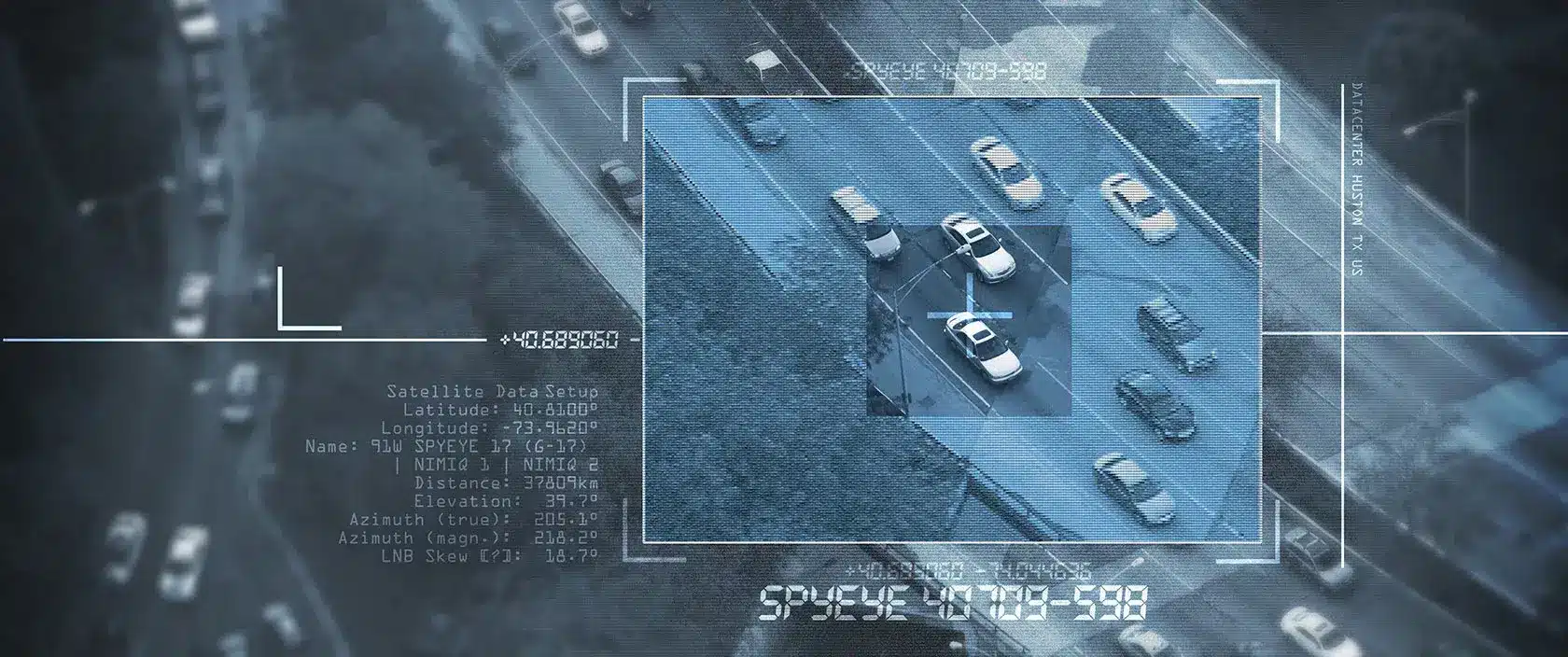The recent news stories about the police shortage speak volumes. It’s scary.
“Austin, Texas residents are expressing outrage over police staffing shortages and longer 911-call response times in the aftermath of the city council’s vote to defund the department in 2020,” writes Elizabeth Heckman in FOX News.
“Louisiana GOP Gov. Jeff Landry has declared a state of emergency due to a police officer shortage,” writes Sara Cline in an AP News report.
“In Tulsa, Oklahoma, a city of 411,000 with a violent crime rate twice the national average, police officials are struggling to fill 160 vacant officer jobs. Having 800 officers do the work of nearly 1,000 makes public safety Tulsa’s most critical problem, Mayor G.T. Bynum said last November in his annual ‘State of the City’ speech,” writes Daphne Duret and Weihua Li in The Marshall Project.
“A new report presented to the San Francisco Board of Supervisors and obtained by the Bay Area Telegraph reveals the San Francisco Police Department (SFPD) is grappling with a staggering staffing shortage that could have major public safety implications for the city,” writes Thomas Smith in Bay Area Telegraph.
While these stories come from Texas, Louisiana, Oklahoma, and California, they represent many of the states’ current situations. The Associated Press story references Minnesota, Ohio, and Maine are struggling to fill police vacancies. When compared to 2019, the story confirms officer resignations climbed up to 47% and retirements jumped 19% in 2022.
Why There’s a Police Shortage
Why is this happening? The pandemic gets part of the blame as well as some other issues that brought police morale to an all-time low.
Additionally, like in many industries, law enforcement has officers from the Baby Boomer generation. They’re reaching retirement age and getting out. The anti-police sentiment and commentary also drove many police officers to leave the profession. In some cases, police officers moved to the private sector for higher salaries and greater flexibility.
The police shortage is so dire that sheriffs and police departments are recruiting officers away from other cities and counties. Fewer people are interested in undergoing rigorous police officer training. As such, they don’t apply. Moreover, many smaller towns have shut down their police departments and passed policing responsibilities to the county.
The police shortage is leading to bigger problems. One of those is that police response times are slower. NPR’s Morning Edition explains while there’s no way to track police response times on a national level, some cities track their own data.
Cities experiencing notable increases in response times include Nashville, New Orleans, New York, Portland, and Seattle. New Orleans’s average response time went from 51 minutes in 2019 to 146 minutes in 2022!
The police officer shortage is forcing cities to move calls related to non-emergencies and mental health to civilians. However, cities haven’t been able to fill civilian roles. Cities are experiencing a shortage of dispatchers and 911 communicators. Police Magazine quotes half of the nation’s emergency communications are understaffed.
Both roles require enormous amounts of training. So, these are not jobs people can simply jump into. People in these jobs also grapple with stress, low pay, long hours, overtime, and job dissatisfaction. Considering the anti-police attitudes, doing more with less, and rigorous training, it’s not surprising that fewer people apply for law enforcement careers.
Police Shortage Changes 911 Call Response
Due to understaffed police departments, some municipalities have enforced a no-response policy. In short, it means the police will only respond to life-threatening emergencies. FOX News reveals the city of Austin is in a dangerous position.
In 2023, 40 officers said they planned to retire, which set back staffing by at least 15 years. While Austin deals with a massive police shortage, the city also gained more than 250,000 new residents.
As a result of some protests, the city council cut $150 million from the police department’s budget. That compelled the Texas Legislature to pass a law to restore the funding.
Nonetheless, the police officer shortage continues, and Austin has changed how police respond to emergency calls. The city is experiencing longer response times and, in some cases, citizens don’t get a response.
An Austin resident was in a car accident with two young children who were injured. They needed an ambulance and emergency help. The parent could not reach the 911 operator and their call went to a 311 operator who handles non-emergencies. The parent gave up after an hour and took a Lyft to the hospital. They never got a follow-up from the police.
In Chicago, a family called 911 when bullets went flying through the windows of their home. They could not get through to 911. Desperate for help, the family called a nearby police station but no one came. This all transpired in over an hour’s time. Unfortunately, Injustice Watch reports many residents living in Black and Latin neighborhoods are in the same boat.
The blame fell on a shortage of police officers and resources. According to OEMC Dispatch Data in the Injustice Watch story, police response to 911 calls went from 40,281 in 2019 to 6,153 calls in 2023! What were the police officers doing in 2023 if not responding to emergencies? They have spent most of their time at traffic stops, which comprise almost two-thirds of their time.
How Businesses Must Respond to the Police Shortage
What does the police shortage mean for officers and commercial buildings, retail centers, apartment communities, auto dealerships, and other businesses? Unfortunately, it means they cannot count always on the police to respond to an emergency. It depends on the location of the business. Based on the many stories, a lot of cities grapple with police shortages and longer response times, if they respond at all.
Companies are taking greater control of their security and safety by investing in video surveillance with remote monitoring because it comes with multiple built-in layers of security. They opt to use security cameras and monitoring in lieu of or complementary to security guards.
The advantage of remote video surveillance over security guards and traditional alarm systems is in the advanced technology and trained monitoring operators who watch over the entire property. They’re not limited to their surroundings within their line of vision. Monitoring operators, located away from the business, can handle any situation because their lives are not in danger.
While they’re in a great position to catch and respond to suspicious activity, the reality is watching hours of videos is a mind-numbing task. That’s why artificial intelligence must factor into the monitoring process. It does some of the heavy lifting to make the human monitoring operator’s job easier.
Artificial intelligence can quickly and continuously scan the cameras looking for shady activity. As soon as it finds a match, the system can alert the monitoring operator who can look into it and respond appropriately to the situation. Monitoring operators have undergone training to know how to handle each unique situation. They also have documentation to ensure they follow the protocols.
Recall that video surveillance with remote monitoring comes with multiple layers of security. One layer is the appearance of security cameras. They can deter some intruders. However, some brazen crooks aren’t daunted by cameras. This is one area where the monitoring operator has an important role that artificial intelligence can’t handle.
The monitoring operator can warn the suspects on the property they are being watched via a speaker. This adds another security layer. Some suspects may not hear the verbal warning, or they choose to ignore it. The next security layer can be to follow the intruders’ movements. While tailing the suspects, the monitoring operator can call to dispatch police.
As you know, 911 calls aren’t always answered, or they’re redirected to a non-emergency number. Companies like Stealth Monitoring can overcome that by building relationships with law enforcement agencies across North America. This creates another layer of security.
The reason why first responders tend to take Stealth’s calls is because they know Stealth has video verification that there’s an incident in progress. While tracking the suspects, the monitoring operators can describe what’s happening and share relevant information. This helps the police know what they’re getting into and increases their safety.
Another benefit of video surveillance is that all activity is saved as high-definition recordings. The police investigators can use the recordings to identify suspects and other important information like license plates and vehicle make and model.
Video surveillance with remote monitoring comes with other advantages besides deterring crime. It can provide support for liability claims. It’s hard to win a liability case without proof. The saved video recordings come in handy to show your business isn’t liable. The multi-layered security solution can help leaders find opportunities to improve operational efficiency.
When you work with the right video surveillance and remote monitoring company, you’ll be surprised to learn about the affordability of the technology along with the monitoring costs. Stealth clients have seen a return on investment within months.
Every industry has unique video surveillance requirements. In searching for the right company, ask about their experience working with businesses like yours. This will help maximize your security investment.
To learn more about video surveillance with remote monitoring, check out the Security Systems 101 guide. Please feel free to contact us with your questions.
Texas Private Security License Number: B14187
California Alarm Operator License Number: ACO7876
Florida Alarm System Contractor I License Number: EF20001598
Tennessee Alarm Contracting Company License Number: 2294
Virginia Private Security Services Business License Number: 11-19499
Alabama Electronic Security License # 002116
Canada TSBC License: LEL0200704




